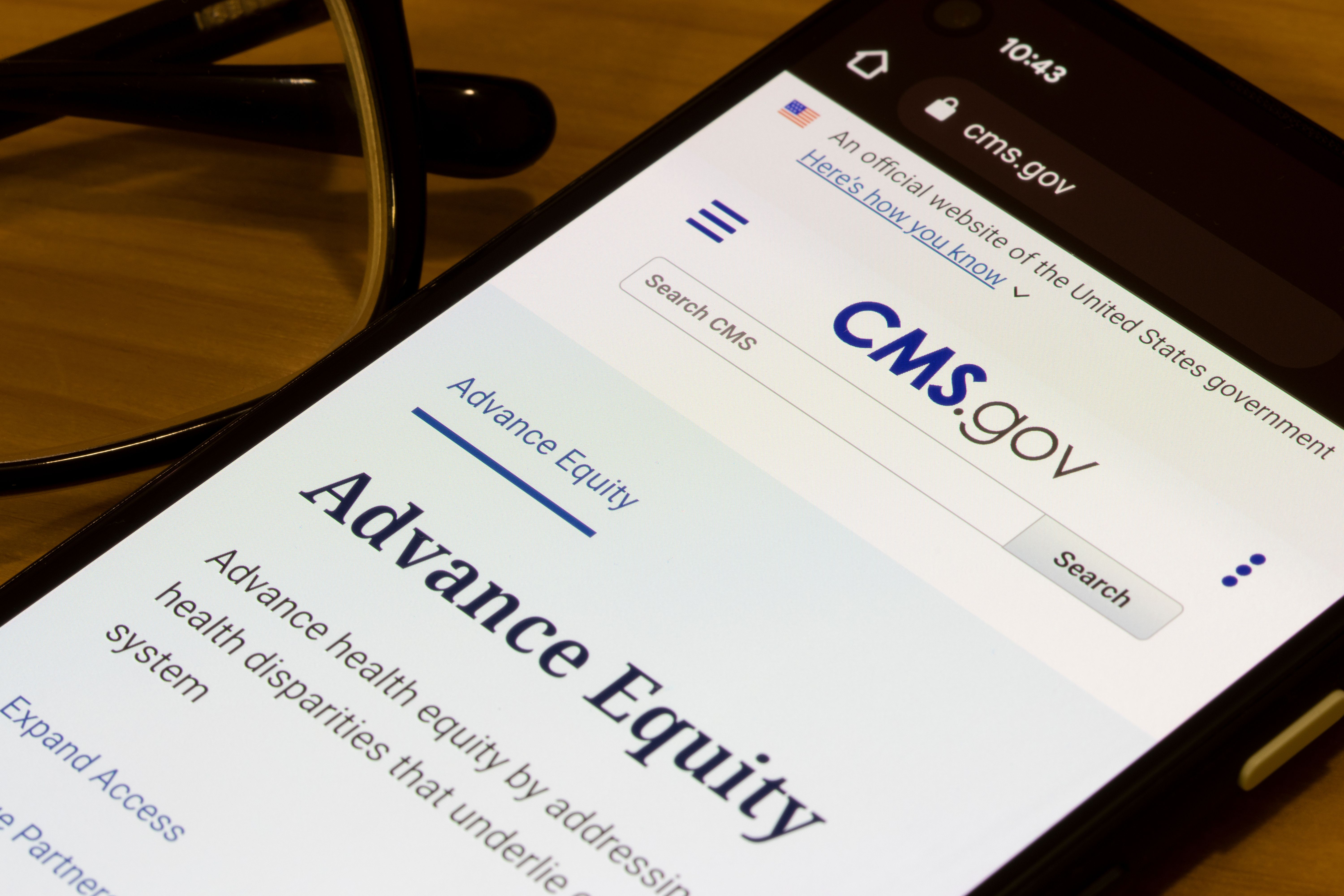
- Center on Health Equity & Access
- Clinical
- Health Care Cost
- Health Care Delivery
- Insurance
- Policy
- Technology
- Value-Based Care
Medicare Shared Savings Program Continues to Deliver Savings, Quality Care
Program yields largest savings in its history of more than $2.1 billion in 2023.
The Medicare Shared Savings Program (MSSP) continues to deliver meaningful savings while supporting high-quality health care, according to CMS.1

In 2023, the program saved Medicare more than $2.1 billion, while Shared Savings program Accountable Care Organizations (ACOs) helped deliver high-quality care and support CMS policies to enhance primary care, expand access to accountable care to underserved communities, and prioritize quality care for common chronic conditions.
“Accountable Care Organizations in the Medicare Shared Savings Program continue to deliver high-quality health care for people with Medicare and meaningful savings for the Medicare program,” said CMS Administrator Chiquita Brooks-LaSure, in a statement. “CMS continues to improve the Medicare Shared Savings Program for the future so that providers in Accountable Care Organizations are able to deliver coordinated, high-quality, affordable, equitable, person-centered care to people with Medicare.”
From performance year (PY) 2022 to PY 2023, ACOs demonstrated notable improvement on quality measures required for sharing in savings. This includes statistically significant progress in measures for diabetes and blood pressure control, breast and colorectal cancer screenings, fall risk screening, statin therapy for cardiovascular disease, and depression screening with follow-up.
As the largest organization representing physicians committed to value-based care, America’s Physician Groups applauds these extraordinary results and counts among its members many of the ACOs that achieved them.
"I think the fundamental lesson that we take away from the years of success that many ACOs have had is that these techniques work, the capability of organizations increases over time, and particularly—we have seen in our own member groups—as they accumulate shared savings, they can funnel those savings back into their fundamental business of keeping people as healthy as possible and out of the hospital," said Susan Dentzer, president and CEO of America's Physician Groups, to The American Journal of Managed Care® (AJMC®).
These quality gains highlight the impact of coordinated, whole-person care in addressing common conditions, including behavioral health and cancer. Such advancements align with CMS’ Behavioral Health Strategy goals and the Cancer Moonshot initiative, aiming to enhance cancer prevention and screening rates.
The Shared Savings Program ACOs involve groups of doctors, hospitals, and other health care providers who collaborate to provide coordinated high-quality care to individuals with Medicare.2 When an ACO succeeds in delivering high-quality care and more efficient health care spending, the ACO may be eligible to share its savings for the Medicare program in the form of performance payments.
Over the past decade, the Shared Savings Program has grown into one of the largest value-based payment programs in the country.1 As of January 2024, 480 Shared Savings Program ACOs include more than 608,000 clinicians who provide care to nearly 11 million people with Medicare.
CMS is actively working to support Shared Savings Program ACOs in enhancing primary care services by testing new models and adding features through rule making. ACOs have made significant strides in adopting digital quality measures, with 72 ACOs reporting all-payer measures in PY 2023—nearly double the participation from the previous year. To aid ACOs in this transition, CMS has proposed an adjustment to ACO quality scores in the Calendar Year 2025 Medicare Physician Fee Schedule Proposed Rule, addressing the unique challenges complex organizations face with digital measurement. CMS remains committed to collaborating with ACOs to overcome obstacles in adopting digital quality reporting.
“We continue to be encouraged and inspired by seven consecutive years of savings and high-quality care, with 2023 being the strongest year of performance to date,” said Meena Seshamani, MD, PhD, CMS Deputy Administrator and Director of the Center for Medicare, in a statement. “We are taking steps to continue to grow this impactful program to ensure those we serve have access to high-quality, affordable health care, no matter where they live.”
Looking ahead, these record savings will have a significant impact on the future landscape of value-based care, particularly for ACOs and their role in shaping patient-centered, cost-effective health care delivery.
"We know that there's a phenomenon that's been going on in the program known as the ratchet effect," Dentzer said to AJMC. "What this more or less means is that if you are an ACO operating in a given area, and you're held to a certain benchmark—which is based on spending in the traditional program—if you succeed as an ACO, and you actually lower spending and get shared savings from the government, inevitably, over time, your benchmark is going to fall. So the next year, you have to meet an even tougher benchmark target to achieve shared savings, and that effect alone has caused a lot of entities to drop out of the program, because it becomes harder and harder and harder to achieve the spending targets as they succeed. It's an irony, almost a bitter irony of the program, that there's a mechanism here that inherently punishes organizations for their own success. So how all of that gets dealt with in the future is critically important, as is whether there are avenues created in the Medicare Shared Savings Program for other types of ACOs to move into MSSP."
References
1. Medicare Shared Savings Program continues to deliver meaningful savings and high-quality health care. CMS. News release. October 29, 2024. Accessed October 30, 2024. https://www.cms.gov/newsroom/press-releases/medicare-shared-savings-program-continues-deliver-meaningful-savings-and-high-quality-health-care.
2. Medicare Shared Savings Program. CMS. October 29, 2024. Accessed October 30, 2024. https://www.cms.gov/medicare/payment/fee-for-service-providers/shared-savings-program-ssp-acos
2 Commerce Drive
Cranbury, NJ 08512
AJMC®
All rights reserved.